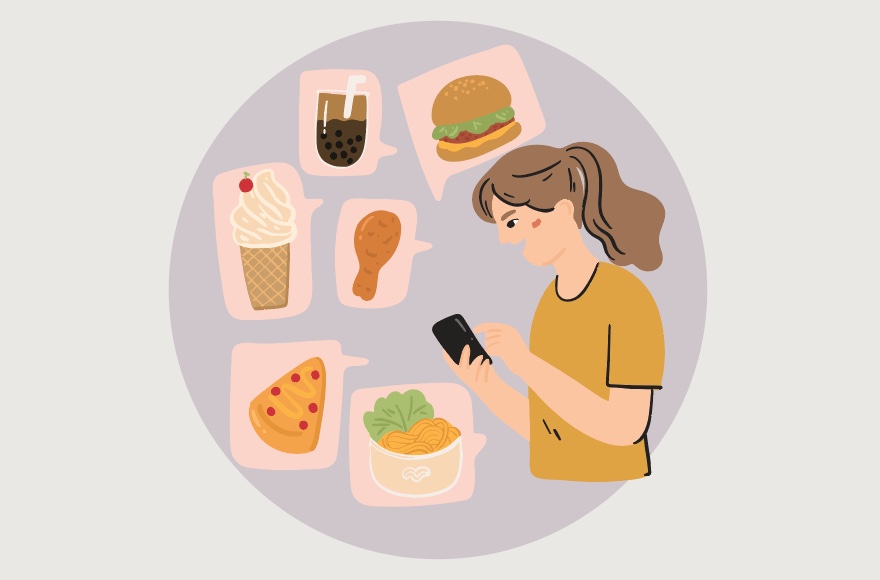Traveling home for Christmas
Travelling back home at any point in the year feels comforting, stabilising and full of loving expectations but our journeys back at Christmas time are extra special.
However near or far your journey is, there is no doubt that we all travel with a warm heart and sense of returning where we emotionally belong. Perhaps parents wine there to welcome us, family members or friends that have become our family. As we know, families and a sense of security comes in all shapes and sizes, ages and locations.
The weather might be seasonably mild or crisp underfoot – no matter. Whether we are huddled up in coats and hats or simply need an over jacket, inside, we feel warm and fuzzy.
All of us have a Christmas journey to share. It might be a joyous occasion or a situation where it was touch and go that you made it to your Christmas festivities in time.
Bernie Flynn from Bedfordshire had not returned home at Christmas for several years. Family upsets had made travelling home a challenge she could not face. Bernie continues, ‘years ago I met someone who I adored. I was head over heels about him. That Christmas, I wanted him to meet my family in Ireland. My parents and siblings were so excited, as was I. It became clear after a couple of days that my family were not too keen on him. It was really disappointing as I had naturally wanted them to love him as much as I did. After we left and I returned to England, the relationship with my parents became strained. They were honest with me and said they thought my partner was rather controlling. It was devastating.
Fast forward five years and of course, my family were right. My relationship broke down due to my partner’s behaviour. I felt foolish, alone and realised I had sacrificed the special bond I had with my family.
Last November, my mum called me and simply said ‘please come home, we all want to see you.’
The rush of relief and love was indescribable. I literally couldn’t wait to see them. Although my journey was relatively short, it felt like forever. To be honest, the emotional gap that had developed between us is what seemed vast, not the physical miles. When I arrived at my parents, it was magical. The normality of it, the familiar smells the same tatty decorations that they used every year. It was perfect and I knew immediately that the journey home that Christmas was the most important journey I will ever experience.’
Like Bernie, many of our most significant and poignant journeys back home at Christmas come from an emotional, possibly difficult relationship situation. As challenging as these reunions can be, there is also an extra special feeling that accompanies such meetings. It is often the expectation that keeps us going no matter how tricky or delayed our journey is.
When travelling by train or coach, a positive tactic is to make sure you are wrapped and have sufficient provisions. Even a simple sandwich and coffee can make any journey more bearable.
Food and drink certainly featured in a train journey experienced by Lisa Hamilton. Lisa was making the rather lengthy return home from London to Cornwall. It was a winter when the weather was unkind to the train tracks and the travellers.
‘As soon as I arrived at London Paddington, I sensed there were delays. Even for the Christmas season it seemed particularly chaotic. I just groaned and thought I am never going to get there!
Eventually, we were able to board a train to Penzance – it was quite a tussle. Although I had booked a seat it had bevy’s bit of a free for all. Luckily, I was sitting with three others around the table and it soon became clear that my journey was going to be anything but dull. The two chaps sitting in the aisle took their lack of seats with good grace and even shared their considerable supply of fizz. My fellow travellers and I emptied our food supplies on the shared table and it worked out rather well with a mixture of sweet and savoury items to tuck into. Obviously we were fed up with being delayed and having to contact various family and friends to pick us up at different times but the whole experience felt like a real show of Christmas togetherness. I still keep in contact with a couple of my Christmas train pals. It made such a difference to share the experience with others who wanted to celebrate going home rather than become miserable because of the delays.’
Creating a positive travel experience like Lisa is a wonderful way of battling a potentially stressful journey and turning it into a fun filled occasion. Of course, it depends on your fellow travellers but at a time like Christmas, we all want to achieve the same goal – meeting up with our loved ones. Hopefully, that gives us the positivity and determination to make the best of a difficult situation.
Travelling at Christmas is so full of expectation and excitement. Realistically, we frequently encounter delays and travel related problems but unlike other times of the year, the prospect of meeting up with loved ones gives us the strength to continue and possibly even enjoy our journey.
So, like any journey, be well prepared. Everything feels more bearable with a cheeky snack and drink in our bags and during the festive season definitely do not forget to bring the Christmas presents too!




















